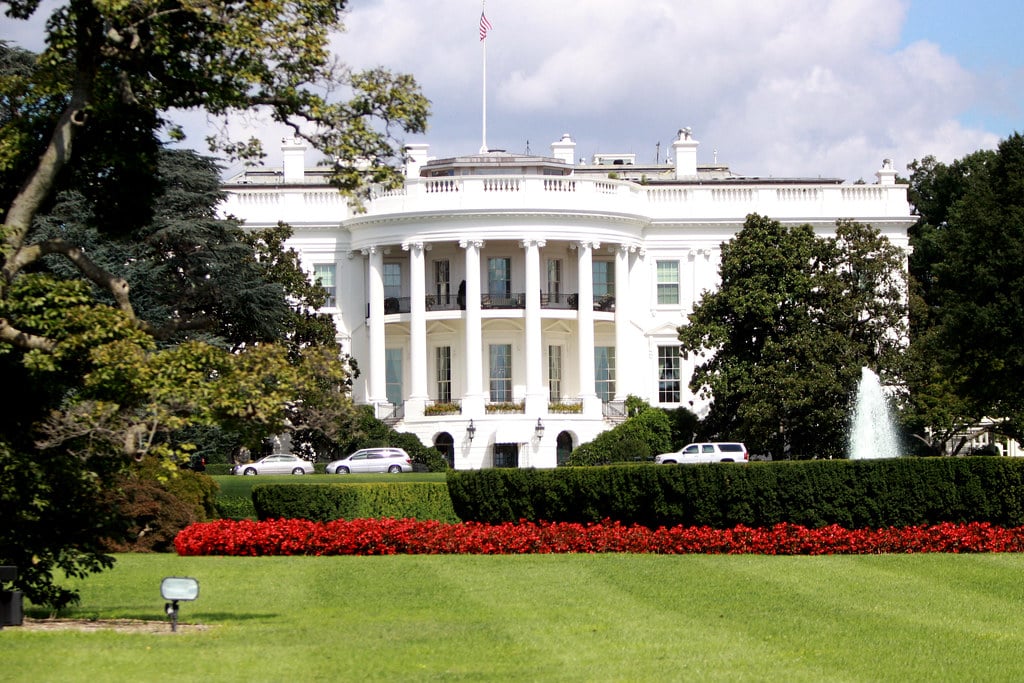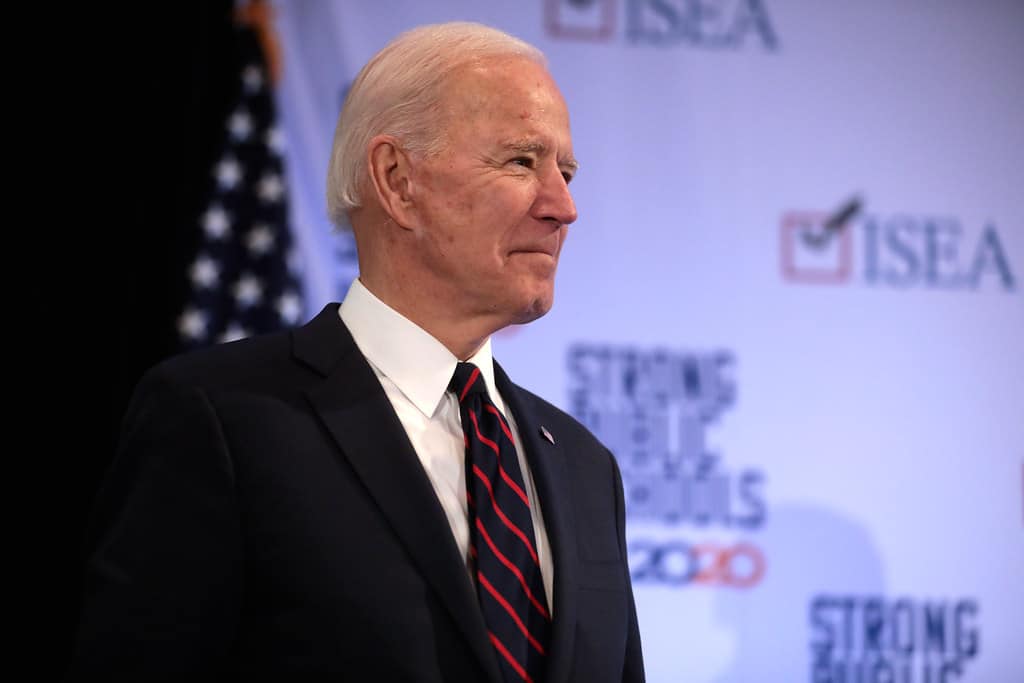Don’t worry investors, the Fed has your back.
That appears to be the signal Federal Reserve Chairman Jerome Powell is sending to the market as it continues its longest bull run on record.
In Congressional testimony this week, the Fed Chairman expressed continuing concerns about international trade and global economic growth despite an unexpectedly strong June jobs report and slightly higher inflation than expected for the month. The Fed is still expected to cut interest rates at the end of the month.
The major stock indexes all set new highs this week with the Dow and S&P 500 indexes topping 27,000 and 3,000 respectively for the first time and the Nasdaq Composite breaking above 8,200. The Entrepreneur Index™ is also in uncharted territory, up 1.47 percent in the last week.
Long-term interest rates, however, may have hit bottom. The market is pricing in a 100 percent chance of a rate cut by the Fed at the end of the month, but the yield on the 10-year Treasury bond rose from 1.94 percent to 2.13 percent in the last week thanks to the June inflation and jobs report data.
With a dovish Fed supporting the market, trade wars, slowing growth and weak corporate earnings don’t seem to be worrying investors. Risk, and specifically the technology sector, continues to lead the market higher.
Semiconductor chip-maker NVIDIA Corp. was one of the hotter stocks this week, rising 5.4 percent in the last five trading sessions. Cascend Securities analyst Eric Ross upgraded the stock to buy yesterday suggesting that chip demand from cloud service providers would pick up from here. NVIDIA is now up 24.6 percent on the year after plunging late last year.
The four FAANG stocks on the Entrepreneur Index™ were also all positive this week, with Amazon.com (4.0 percent), and Facebook (2.5 percent), rising the most. Despite mounting criticism by regulators around the world, Facebook shares are up 53.5 percent this year. Amazon.com is up 33.2 percent.
Tesla continues to fight back from its plunge earlier this year. Shares in the electric vehicle maker couldn’t hold onto sharp gains after the company reported record vehicle deliveries for the second quarter early last week, but they were up 3.8 percent in the last five trading sessions. The stock is still down 28.3 percent this year.
The pharmaceutical sector had a tough week as political remedies for high prescription drug prices continue to be considered by the Trump administration and Congress. Regeneron Pharmaceuticals was down 5.2 percent in the last week and is 21.9 percent lower on the year. Fellow drug-maker Alexion Pharmaceuticals was also down 6.1 percent on the week, though it is up 24.8 percent on the year.
J.M. Smucker Company was down 4.7 percent this week after the food-maker missed sales estimates with financial results last week. Weak coffee and peanut butter prices along with a strong U.S. dollar this year were to blame.
L Brands, however, had the biggest drop on the Entrepreneur Index™ this week, falling 8.1 percent in part because of associations with alleged sexual predator Jeffrey Epstein. The continuing struggles of the company’s Victoria’s Secret lingerie business have hurt the stock this year, but it was also reported last week that in 2008 Epstein gave more than $40 million to a non-profit foundation started by L Brands founder and chairman Les Wexner. Wexner also previously owned the New York City townhouse where Epstein allegedly committed sexual crimes against young women.
The momentum in the stock market will be tested by corporate financial results reported over the next two weeks. Earnings will not be pretty. Weak results posted by industrial company Fastenal this week are likely a sign of things to come. The company cited tariffs as a major factor for rising costs last quarter.
Public companies have lowered expectations in the market with 77 percent currently forecasting negative earnings growth in the second quarter, according to data from FactSet. Analysts are estimating an average decline of 2.9 percent in the earnings of S&P 500 companies for the quarter. If that plays out, it will be the second- consecutive quarter of profit declines — the technical definition of a corporate earnings recession.




